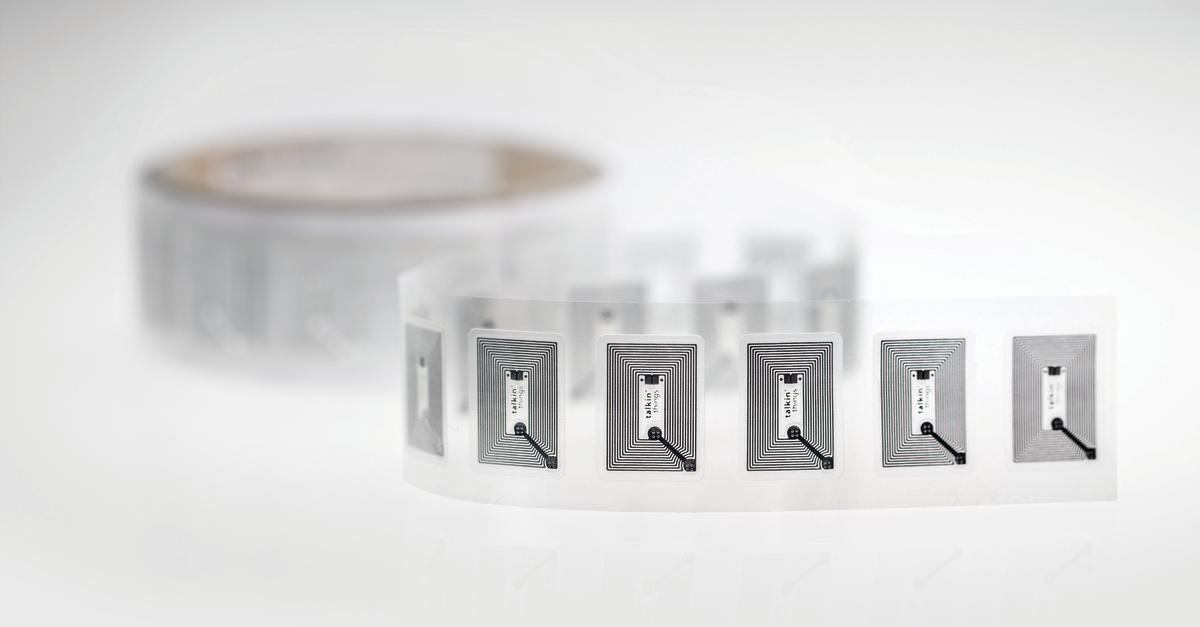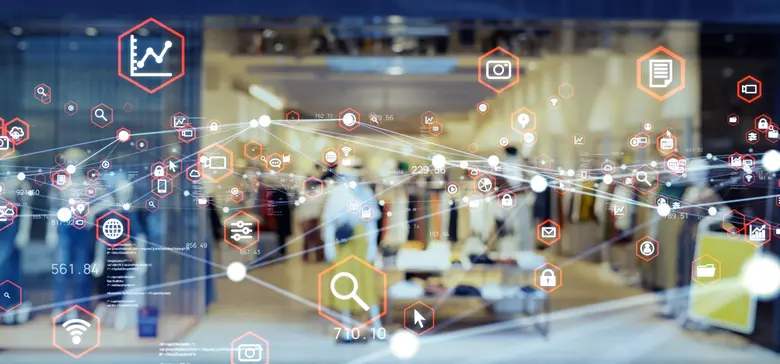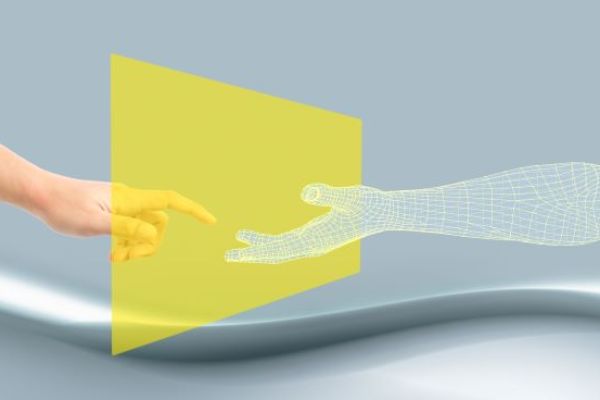What is RFID technology and why are more and more companies using it?
.8057962467967301760.jpg)
Table of contents:
RFID technology is part of our daily lives, although we may be completely unaware of it. When we use public transport, hotels, hospitals, libraries and access facilities, we interact with this identification system. It is similar to that of a barcode, but far more sophisticated. Its multiple advantages mean it is being increasingly employed in numerous industries.
But what exactly is RFID? The acronym stands for Radio Frequency Identification. In essence, it is a system that allows information about an object to be identified and transmitted, and is commonly used in sectors such as the food, textiles and aviation industries. It uses radio waves to communicate with a microchip, which can be mounted on various media, such as a card, a transponder or an NFC tag, which are small smart stickers with a chip inside. For example, the swipe cards we use to enter a hotel room, a bus or a library.

An alliance with a great deal of potential
Talkin' Things is one of the companies that has developed and rolled out this technology in numerous industries. This Polish company has been supported by Prosegur Tech Ventures, a branch of the multinational that addresses the challenges facing the sector, promoting cutting-edge in new trends and tools that have a disruptive impact in the field of security.
Talkin' Things, which was established in 2014 and has 85 employees, was founded with the original idea of protecting products against counterfeiting using RFID technology integrated into NFC tags, since this system has a unique serial number in its memory that prevents it from being replicated, thus providing additional precision and security in the supply chain.
Unlike barcodes, these cannot be falsified or copied and can be scanned at greater distances and programmed to contain much more detailed information about the product they are attached to. They allow the information to be read and rewritten so that an item can be accurately identified. However, the company swiftly realised that the possibilities and business needs were far more wide-ranging.
.webp)
Fashion, automotive, retail
Clothing companies are leading the way in the implementation of RFID. They use it for logistics organisation, identifying garments and their location, organising loads and inventories and compiling statistics. Retail and logistics companies are catching up very quickly (Recently, Walmart and UPS have announced the adoption of RFID technology on a large scale) and the automotive industry, logistics and airlines are also starting to embrace this tool. "It would be difficult to name an industry that is not thinking about or already carrying out an RFID implementation project", reports Talkin' Things.
A prime example is Inditex, the Spanish multinational textile manufacturing and distribution company. Having implemented this technology in 2008, the company was able to effectively focus on e-commerce again at the outset of the COVID-19 pandemic. This is confirmed by the Chairman and CEO of Inditex, Pablo Isla, who says: "We adapted very well to the online world, which would not have been possible without RFID".
There is also an opportunity to improve consumer interaction with the product through NFC tags, which are considered a subset of wireless radio frequency identification.
The cost of its implementation is also a gain for these companies. The price of a tag is "just a few euro cents", according to Talkin' Things. And they also encourage customers to look at the potential return on investment. "We calculate that one of our customers would save between 20 and 60 seconds in the quality control process for each product if they replaced barcodes with our technology. At the same time, the unit cost of the tag for their application will be equal to just 3 seconds of labor.", it says. There is also an opportunity to improve consumer interaction with the product through NFC tags, which are considered a subset of wireless radio frequency identification. "Some brands, including major players, are experimenting with this, but the time for large-scale implementations has not yet come", says Talkin' Things.
The reluctance to embrace this technology stems from some brands' concern about adding electronics to their packaging or products. However, the RFID chip is smaller than a grain of sand and the label where it is installed is so small that it does not affect the recyclability of the packaging. "In addition, its implementation helps to optimise logistics processes, reducing the need for transport and the amount of waste, especially in the food industry", Talkin' Things adds.
Custom prototypes
This know-how and experience is also reflected in the design of Talkin’ Things own processes: if there is no machine available on the market for a specific part of the label production process, they develop it themselves. "An example might be our proprietary RFID rapid prototyping process. With the help of custom-built equipment, we are able to quickly prepare individual units of new label designs for testing under a variety of conditions. This allows us to obtain representative test results from the outset in the new product design process."
The company plans to continue innovating and developing new facilities: the RFID GigaFactory™ . This ongoing project will be a zero-emission plant and will be operational in around two years' time. "We remain focused on our mission: ensuring that the benefits of data collection with RFID are available for all products", the company emphasises.

.webp)

.jpg)
.webp)
